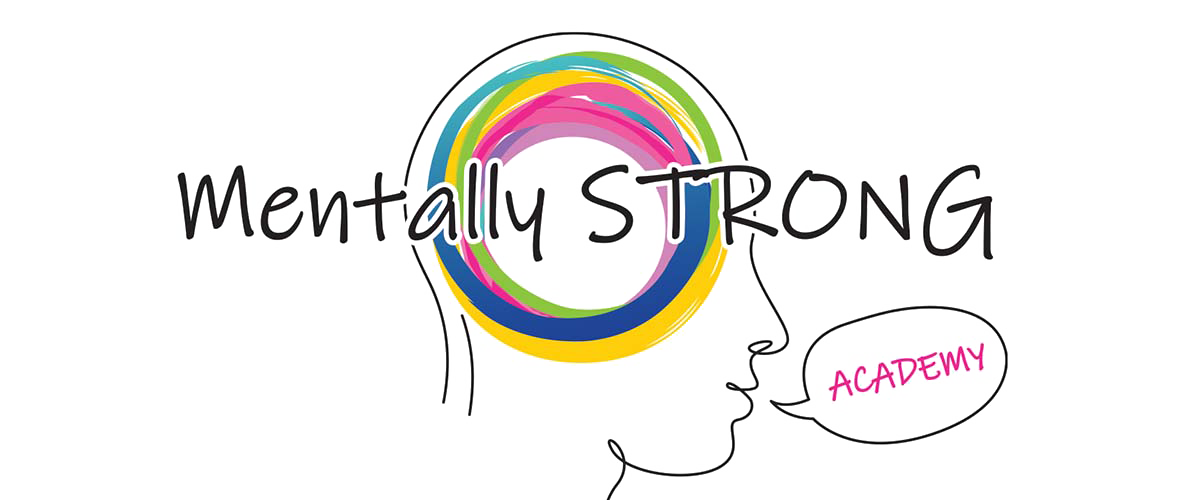Heal Chaos and Overwhelm: Declutter Every Part of Your Life
An organized brain is a Mentally STRONG brain, and it almost sounds so easy. I’ve been on this self-development journey for over 20 years, and trust me, it’s not as straightforward as it seems. A staggering 50 to 70% of Americans report feeling overwhelmed or stressed on most days. That’s the majority of us. Why do we constantly feel this way? While we often point fingers at our environment, circumstances, responsibilities, or expectations, a significant part of the equation is learning to organize our thoughts to make choices that align with our desires.

The Perpetual Battle Against Clutter
I despise clutter, yet it seems to perpetually surround me. My desk, with its stacks of paper, might have a semblance of organization to me, but to an onlooker, it’s cluttered. This sight, whether it’s my workspace or my home in general, can be overwhelming, signaling the need for time and energy to organize. I discovered a technique over a decade ago that helps me manage clutter at home, particularly with the daunting junk drawer. By discarding or properly storing about 10 items each time it catches my attention, I manage the clutter incrementally. This approach is not only applicable to our physical spaces but our minds as well.
The Concept of Decluttering Your Mind
Just as physical clutter can overwhelm us, the accumulation of thoughts, insights, past decisions, and their impact on our behaviors can be exhausting to sift through. To tackle this, I created “Choice Opportunities” – worksheets designed to guide us through decluttering our thoughts. They help visualize our thought processes, contrasting an emotionally charged, cluttered mind with a neatly organized one.
The Path to a Mentally STRONG Brain
Mental strength, while admired, isn’t widely taught. My approach, the Mentally STRONG Method, focuses on thinking through problems, organizing thoughts, and making aligned choices. It’s crucial to differentiate between productive thinking and ruminating – the latter being akin to adding fuel to fire, while the former seeks to diffuse it.
- Thinking Leads to Organization: If your thought process results in more anxiety, depression, or stress, it’s time to revisit how you’re thinking. Thinking should pave the way for organization.
- Acknowledging the Path: Once thoughts are organized, it’s important to recognize where they stem from and categorize them accordingly, whether it’s grief, trauma, or another source. This helps in making informed choices.
- Embracing the Journey: Remember, this is a lifelong endeavor. We may crave instant solutions to our discomfort or overwhelm, but sometimes, the best choice is inaction or acknowledging the need for a break, especially when dealing with grief or trauma.
As a psychiatric nurse practitioner with decades of clinical experience, my expertise is enriched by my personal journey through grief and trauma, including the loss of three children over 17 years. This journey taught me to transform pain into purpose, sharing vulnerably how we navigate through life’s challenges.
The road to becoming “Mentally STRONG” involves understanding and overcoming barriers to mental strength. It’s a journey of continuous learning and growth, where each step brings us closer to confidently claiming our mental fortitude.
Let’s move forward together on this path, embracing each lesson and challenge as an opportunity to strengthen our mental resilience.

